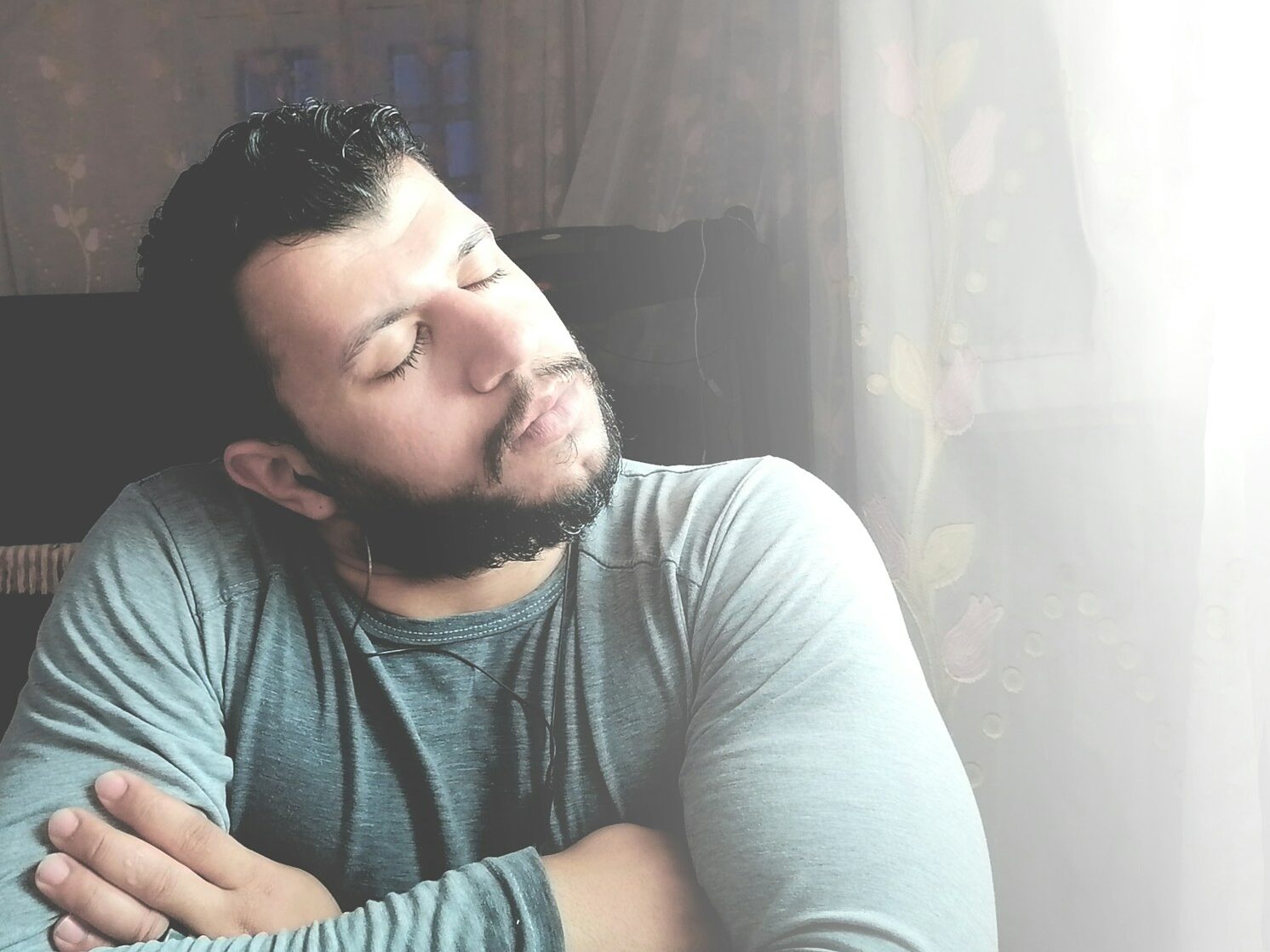
Emotional intelligence isn’t about being extra nice or well-spoken. It’s how someone handles tension, navigates feelings, and responds to people at their best and worst. The signs aren’t flashy. They’re often quiet. But when you notice them, they tell you exactly who someone is when it matters most.
They stay calm when things get tense.

They don’t rush to defend themselves or snap when caught off guard. Even if they’re angry or upset, they give themselves a moment. That pause isn’t fake. It’s learned. They’ve figured out that reacting fast usually makes things worse. Staying calm doesn’t mean they don’t feel strongly. It just means they know how to slow things down before emotions take the wheel.
They own their part in a conflict.

They don’t point fingers or act spotless when things go wrong. They’ll admit when they overstepped or misunderstood—without waiting to be called out. This doesn’t mean they take the fall for everything. It means they understand relationships work better when both sides take an honest inventory. They’d rather repair things than protect their ego at all costs.
They know when to step back.

They can tell when a conversation’s too heated to be useful. Instead of pushing harder, they pause, breathe, and come back when it makes more sense. They don’t storm off or disappear—they just know that timing matters. Emotional intelligence means knowing when to keep talking and when stepping away is the smarter move.
They don’t need to dominate every space.

They’re okay not being the loudest voice in the room. They listen, they wait, and they speak when they have something worth adding. You won’t see them hijack a moment to make it about themselves. Emotional intelligence isn’t always loud—it shows up in how they give others space to be seen and heard, too.
They can name what they’re feeling.

They don’t hide behind “I’m fine” or vague moods. They say, “I’m overwhelmed,” “I feel embarrassed,” or “I’m hurt.” It’s not about oversharing—it’s about being real. They understand that emotions don’t get smaller by being ignored. Naming them doesn’t make someone weak. It builds clarity and makes connection easier—for them and the people around them.
They adjust their tone without being asked.

They can tell when someone’s had enough. They notice the tired eyes, the change in pace, the quiet “mm-hmm” that means someone’s done talking. And they shift—less intense, more gentle, or just quieter. That adjustment is subtle, but it shows care. They’re tuned in, and they’d rather be kind than just keep going out of habit.
They don’t just wait to talk.

You can feel the difference. They aren’t nodding while planning what to say next. They’re listening, actually listening. They’re not watching the clock or their phone. They make eye contact, stay present, and respond to what you’re saying—not what they assumed. You walk away feeling heard, not just talked at, and that’s rare.
They’re not afraid of hard conversations.

They won’t avoid tension just to keep things smooth. If something’s bothering them, they bring it up calmly. If you bring it to them, they don’t deflect or shut down. They don’t always have the perfect words, but they’re willing to stay in the moment. Emotional intelligence is about handling discomfort without running from it.
They don’t shame people for emotions.

They don’t mock tears or call people “too sensitive.” If someone’s struggling, they don’t dismiss it. They give space. They’ve learned that emotions look different for everyone, and just because they wouldn’t react that way doesn’t mean it’s wrong. They let people feel what they feel—without making them feel bad for it.
They reflect, not just react.

After a tough moment, they think it through. Not to obsess but to understand what happened. They ask themselves: Did I overreact? Was I fair? Could I have said it better? They don’t always get it right, but they care enough to look back before moving forward. That check-in is quiet—but it shows a lot.
They handle awkward moments without making them worse.

If something uncomfortable happens, they don’t pile on. Someone forgets a name? They help smoothly. A joke misses? They laugh lightly and move on. They give people exits instead of spotlighting the awkwardness. That grace might go unnoticed in the moment—but it makes others feel safer being themselves.
They know the difference between empathy and fixing.

They don’t interrupt your pain with advice. They sit with it. They ask real questions, offer a kind word, and let you talk without jumping to solutions. They understand that support isn’t always about solving the problem. Sometimes, it’s just about staying close while someone figures it out themselves.
They don’t get defensive when given feedback.

Even when the truth stings, they try to stay open. They don’t immediately list reasons or shift blame. They pause, listen, and consider what’s being said. That doesn’t mean they agree with everything—but they don’t shut it down. They understand that being wrong doesn’t make them bad. It just means there’s something new to learn.
They respect boundaries without drama.

You say you’re not free, and they don’t guilt you. You don’t reply for a while, and they don’t act hurt. They understand that space isn’t rejection. Emotional intelligence means knowing how to sit with your own feelings without making them someone else’s problem. They give others the freedom they also want for themselves.
They forgive, but they remember.

They don’t hold grudges, but they don’t pretend nothing happened either. They’ll move forward with you, but they won’t forget how things felt. Forgiveness isn’t about wiping the slate clean—it’s about choosing peace over resentment. But they’ll carry the lesson. Not as a weapon but as a quiet reminder of where the limits are now.

